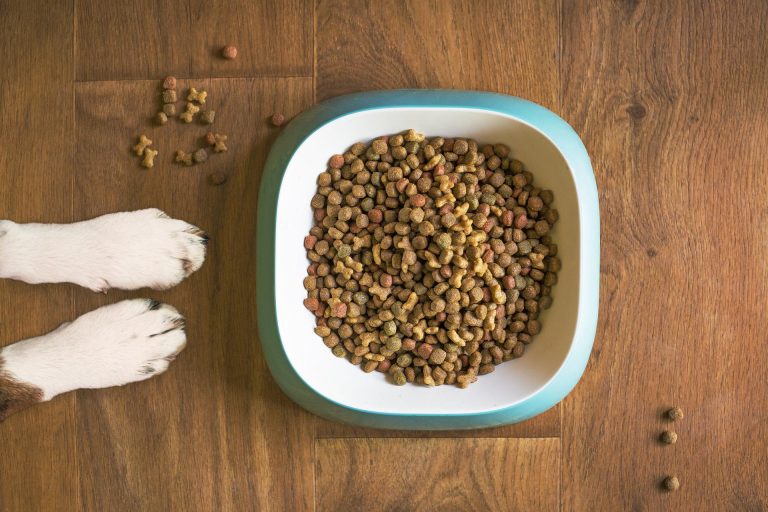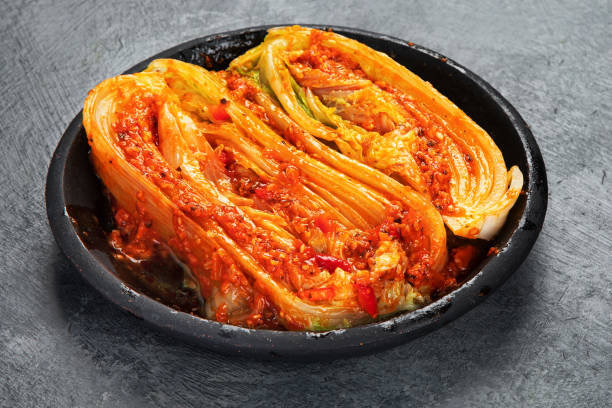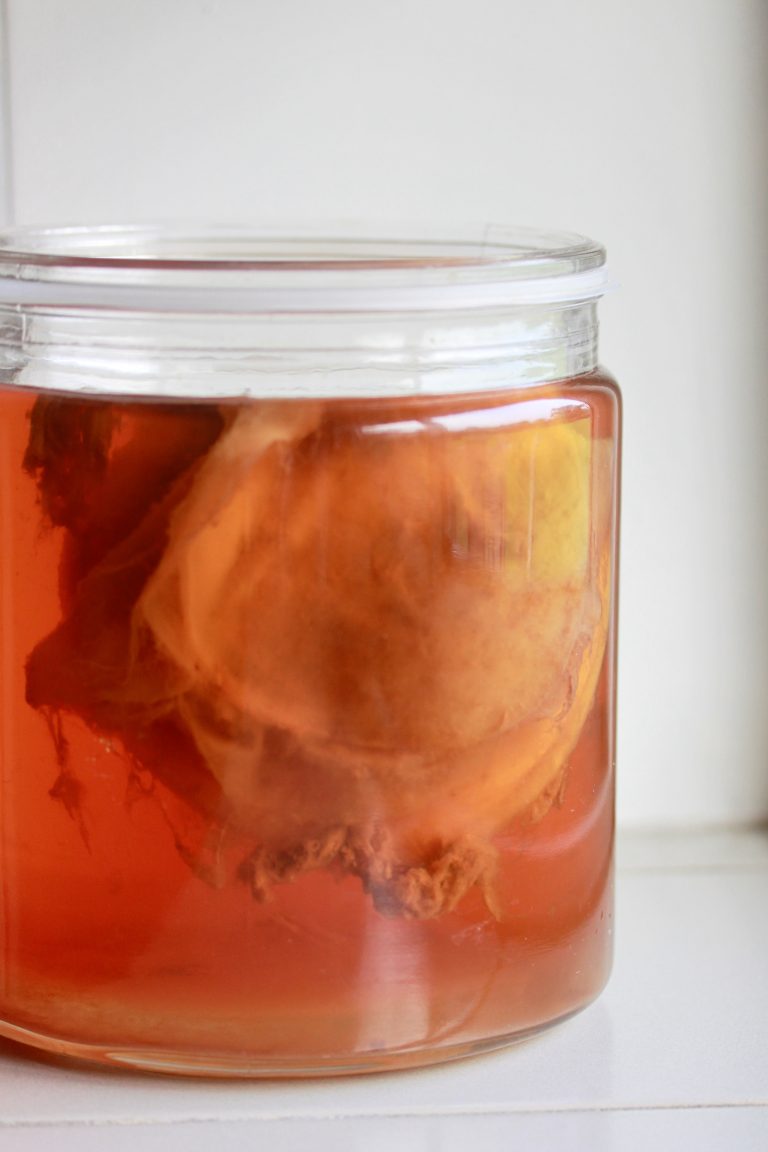Can You Ferment Apple Juice With Ascorbic Acid?
Did you know that ascorbic acid is just a supplement for vitamins C and E? Many people think apple juice has a lot of it since apples have a lot of vitamins C and E.
Many people add additional ascorbic acid when making their apple juice or apple cider at home because it doesn’t work with it.
Many people wonder if it is possible to ferment apple juice into cider with ascorbic acid.
Yes, you can ferment apple juice with ascorbic acid. Ascorbic acid is the chemical name for Vitamin C.
It is found in fruits and vegetables like oranges, pineapple, and kiwis.
If you add ascorbic acid to fruit juice, it inhibits the growth of microorganisms, which is why it is added to commercially bottled juices.
You will learn how ascorbic acid affects apple juice fermentation in this article.
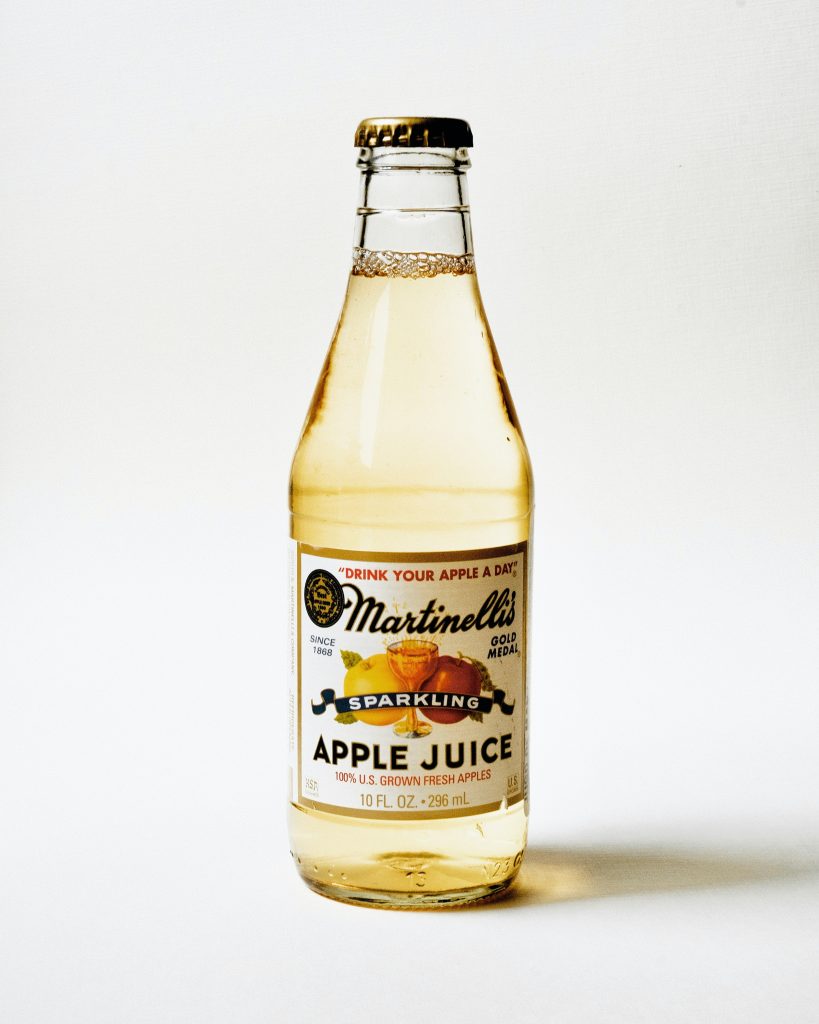
Table of Contents
What is Ascorbic Acid?
Most people don’t know what ascorbic acid is, despite being familiar with vitamin C and E. It is the same thing.
Humans don’t store ascorbic acid in their bodies, meaning it is water-soluble. It passes through the body’s tissues instead.
Ascorbic acid is important for the proper functioning of muscles, blood vessels, and elastic tissues.
The body fights diseases like the common cold and cardiovascular issues better with the help of vitamins C and E.
Ascorbic acid is different from vitamins in that it does not produce many vitamins.
You need to eat food that is rich in vitamins C and D, such as oranges, apples, cabbage, berries, broccoli, and berries.
Alternatively, you could take a supplement.
People with gastrointestinal issues, smokers, and people with a diet lacking in fruits and vegetables are more likely to be deficient in vitamins C and E.
The development of anemia can be caused by severe cases of deficiency.
When a person doesn’t have enough vitamins, their wounds tend to bleed more profusely and take longer to heal.
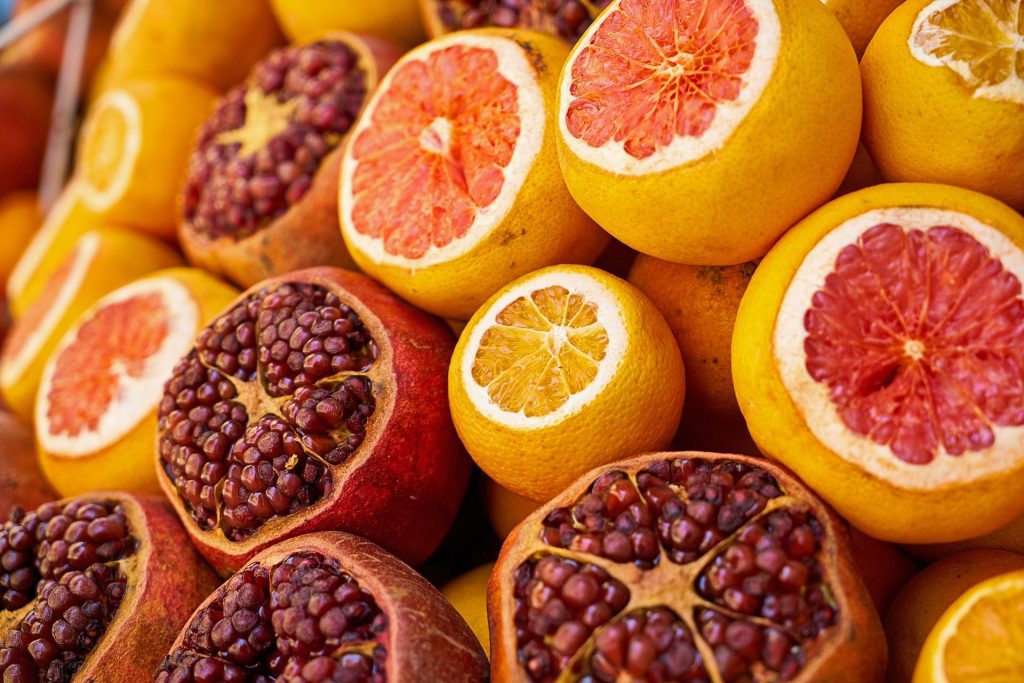
Does Apple Juice Contain Ascorbic Acid?
Many people consume apple juice for their daily dose of ascorbic acid because apples are rich in vitamins C and E.
The products won’t provide you with the amount you need because they are low in vitamins C and E. Some people are beginning to make their apple juice or apple cider.
If you are one of them, you are probably wondering if you can ferment apple juice with ascorbic acid to make it even better.
The bad news is that you can’t do everything. Adding more ascorbic acid to apple juice will increase the amount of vitamins C and B.
The next time you plan on making apple juice with ascorbic acid, be aware that you will be making a vitamin C bomb.
How Will Ascorbic Acid Affect Apple Juice Fermentation?
When people first start making apple juice, they need to be careful with the ingredients.
The apple juice they purchase should be free of potassium sorbate as this will prevent yeast from growing and eventually stop the fermentation.
When they see ascorbic acid as an ingredient, they are often worried that it will affect the fermentation process.
If you want to ferment apple juice with ascorbic acid, should you look for a product without it? Thankfully, you do not have to worry about this.
Lighter juices oxidize more quickly than heavier ones. The ingredient prevents the juice from turning into a brown mess.
It does not affect the fermentation in any way. There is a chance that apple juice with ascorbic acid will taste slightly sour.
It is possible to use this in apple juice if you like it. If you don’t like apple juice, you may have difficulty finding it, as most manufacturers add it to their products these days.
If you’re going to ferment some apple juice over the weekend, look for a product that doesn’t have any preservatives or additives that might affect the process.
There is no need to worry if the product has ascorbic acid. The juice is fortified with vitamin C to prevent it from turning brown.
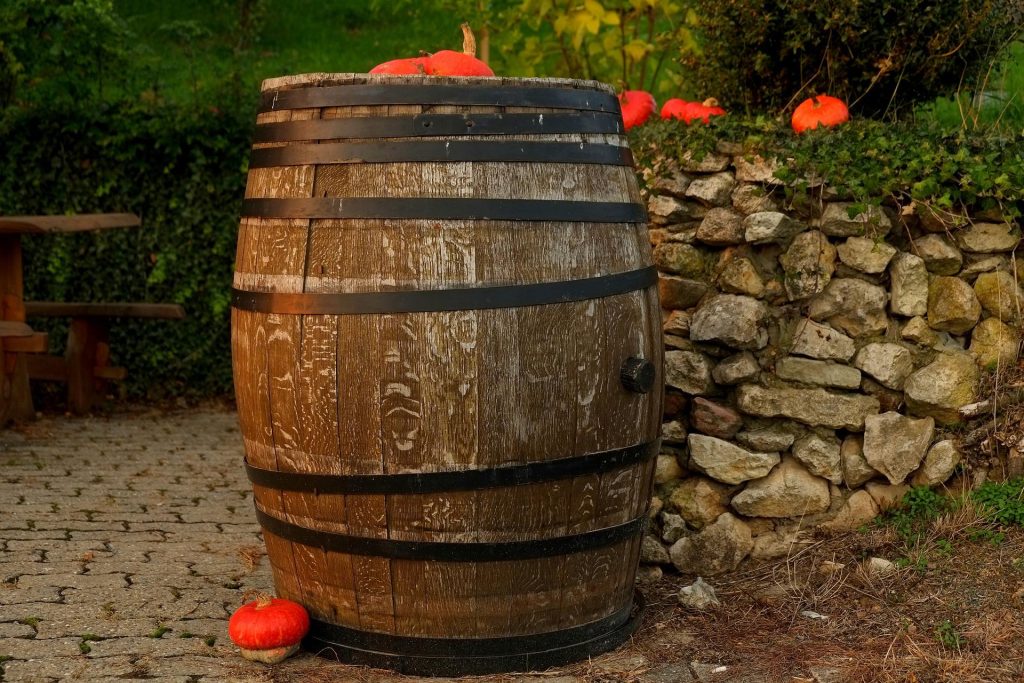
Conclusion
Adding ascorbic acid to apple juice helps it retain its bright gold color and adds vitamins C and D.
If you plan to ferment store-bought apple juice, you don’t have to worry about the added ascorbic acid preventing fermentation from occurring.
Kantha sorbate is something that you should be worried about.
Fruit is easy to ferment and even ferments on its own, so even better, try and juice your apples first to ferment.
It would be better if you didn’t have to worry about any additives getting in the way.

Foodie and a passionate cook, I am here to share all of what I know about cooking, kitchen, and food prepping.
Follow me for delicious and healthy recipes.

